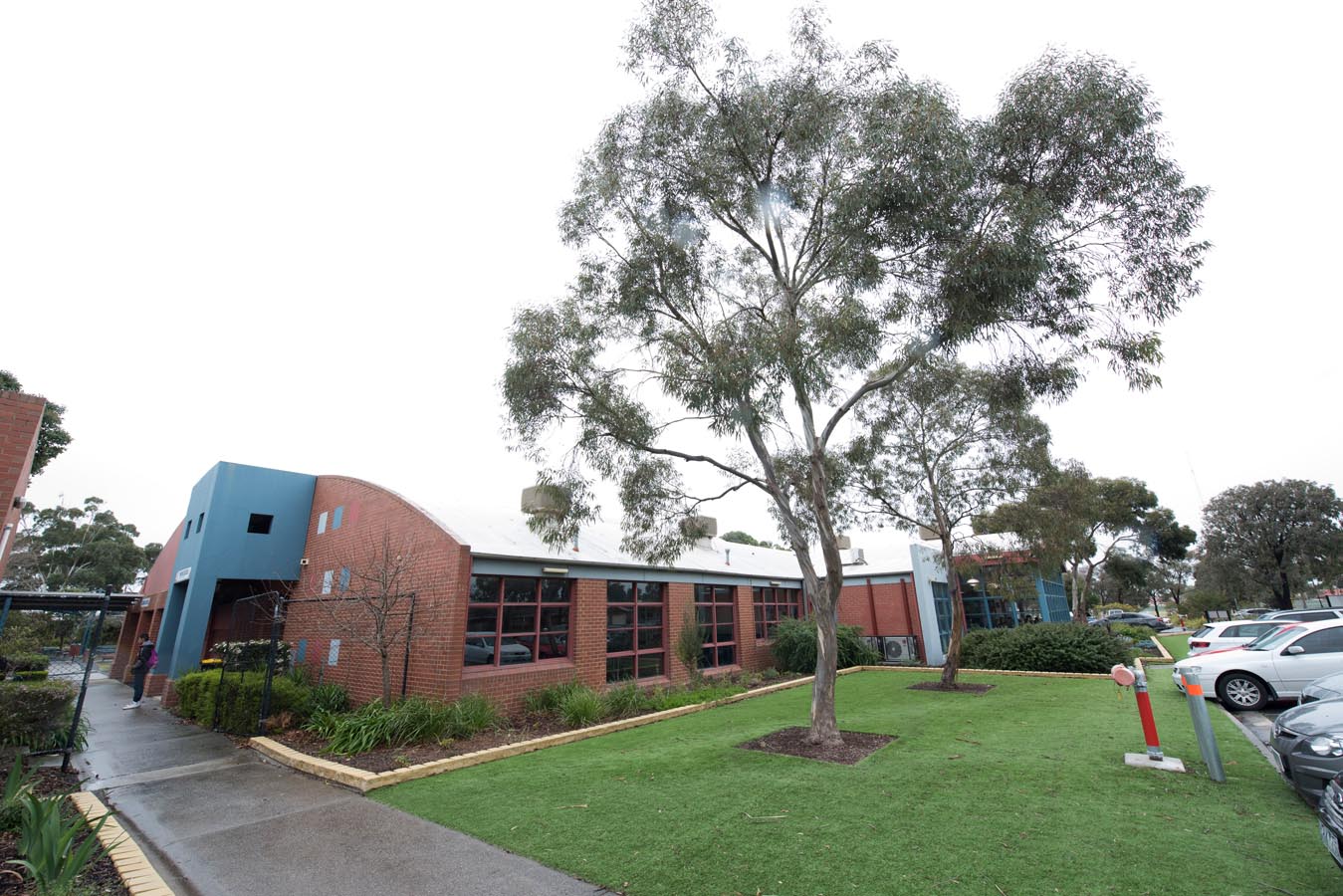Literacy
Literacy skills include the ability to read, write and speak to understand and create meaning. They include such things as awareness of the sounds of language, awareness of print and the relationship between letters and sounds. They also include vocabulary knowledge, spelling and reading comprehension skills.
Copperfield College’s ‘whole school’ approach to literacy allows all students to develop their literacy skills and undertake targeted intervention if necessary.
All students at years 7 and 8 participate in a Literacy or Literature program. Students are allocated to classes based on their current literacy levels. They are taught strategies to improve their reading comprehension skills and are encouraged to read widely and reflect on their reading progress.
Some students also receive literacy support at Years 9 and 10. Literacy classes at this level continue to encourage students to read widely and also focus on developing reading comprehension skills through various classroom activities and online programs.
Find out more about our Literacy programs
Numeracy
Numeracy, like literacy, is an essential component of our school curriculum. It is about students having the confidence to choose and use mathematics skills they learn at school in everyday life, as well as the classroom. We want students to develop the confidence to apply mathematics in their everyday lives.
Numeracy is used in a Humanities or Science class when students interpret a graph, in technology when they confidently measure a piece of wood, or in food when a student halves a recipe without being given specific instructions on what to do.
What’s happening at Copperfield College?
As part of its Strategic Plan, Copperfield College has developed a Numeracy Improvement Plan in conjunction with a Regional Consultant. This has a clear focus on the Curriculum Planning, Assessment for Teaching and Learning and Lesson Instruction.
Each of these aspects is then looked at from the Planning, Professional Development, Differentiation of Instruction in the classroom and the Classroom environment perspective.
Data
All students at Years 7 and 9 sit the NAPLAN test in May. Reports will be sent to parents in September.
All students sit the PAT Maths at the end of the school year. Reports are discussed with parents at the Parent Teacher interviews in Term 1 the following year.
This data is used regularly by teachers to better inform their teaching and to cater for individual learning needs.






